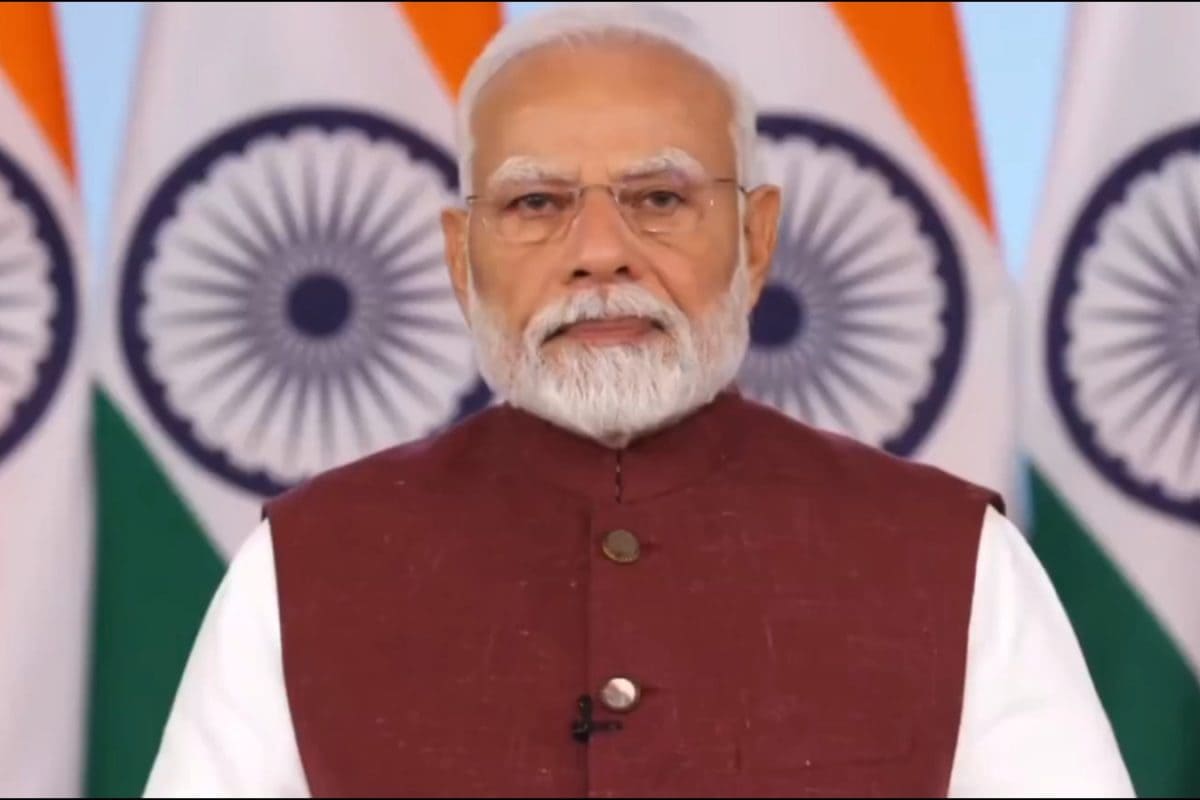

Marking the 50th anniversary of the Emergency imposed in 1975, Prime Minister Narendra Modi has launched a strong attack against the Congress party, stating that the nation will never forget this dark chapter in Indian democracy. He highlighted the suspension of fundamental rights, the extinguishing of press freedom, and the jailing of numerous political leaders, social workers, students, and ordinary citizens during that period.
PM Modi asserted that the then Congress government had essentially placed democracy under arrest. He said that the values enshrined in the Indian Constitution were set aside and the spirit of the Constitution was violated. The 42nd Amendment, in particular, stands as a prime example of Congress's actions during the Emergency.
The Prime Minister's remarks coincide with the BJP's plan to observe June 25th as "Samvidhan Hatya Diwas" (Constitution Murder Day) nationwide. This observation aims to remind people of the events that transpired during the Emergency and to highlight what the BJP views as the Congress party's disregard for the Constitution. Union Minister Harsh Malhotra stated that PM Modi decided to observe this day to make the youth understand how the Congress party had "murdered democracy" and violated the Constitution. BJP National President JP Nadda echoed this sentiment, stating that Indira Gandhi "killed the Constitution" by imposing the Emergency under the pretext of internal unrest. He further claimed that even after 50 years, Congress maintains the same "dictatorial" intentions.
The Emergency, imposed by then Prime Minister Indira Gandhi on June 25, 1975, lasted for 21 months. It was a period characterized by the widespread incarceration of opposition politicians, rights activists, and journalists. Civil liberties were suspended, and the government implemented policies that led to forced sterilizations and suppression of dissent, facilitated by laws like the Maintenance of Internal Security Act (MISA), which allowed for prolonged detention without trial.
The imposition of the Emergency was triggered by what Gandhi described as a threat to internal stability. However, critics argued that it was a move to suppress political opposition and maintain her grip on power. The repercussions of the Emergency were far-reaching, leaving a permanent scar on India's democratic fabric.
While the Janata Party government, which came to power after the Emergency, reversed some of the constitutional damage, some observers argue that Indian democracy never fully recovered from the institutional and normative damage inflicted during that period. PM Modi's criticism serves as a stark reminder of a period in Indian history that witnessed the subversion of democratic principles and the suppression of fundamental rights. As India commemorates the 50th anniversary of the Emergency, the Prime Minister's strong words underscore the importance of safeguarding the Constitution and upholding the values of democracy.